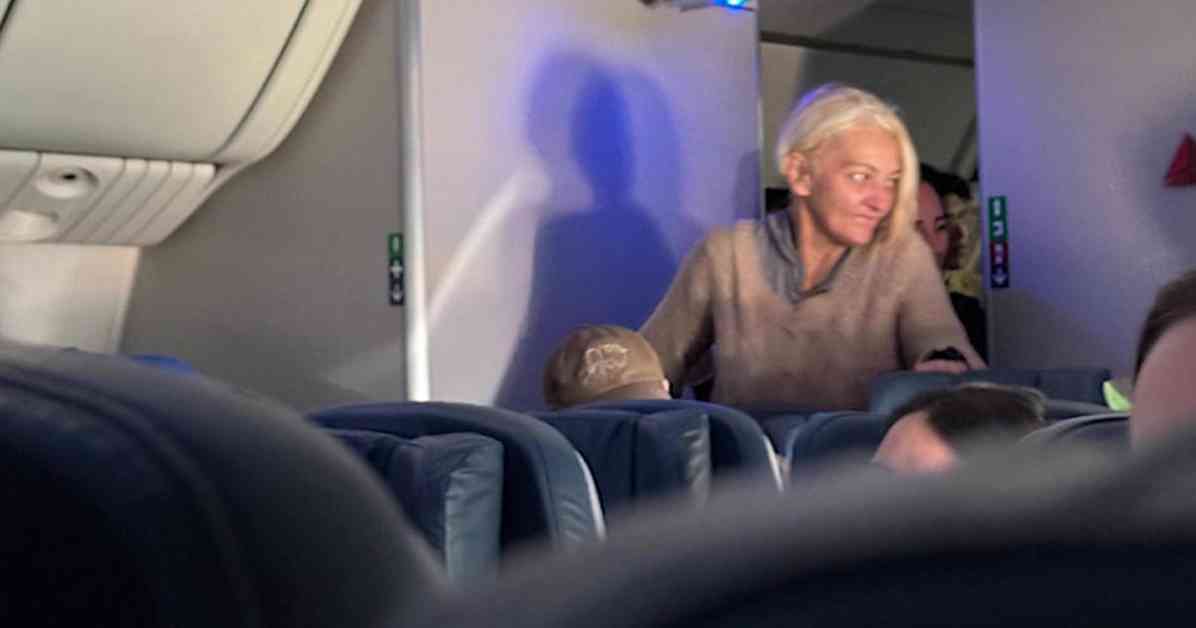Woman Faces Federal Judge for Sneaking onto Delta Flight from JFK to Paris
A shocking incident unfolded last week as a Russian national, Svetlana Dali, managed to sneak onto a Delta Air Lines flight from New York City’s John F. Kennedy International Airport to Paris without a boarding pass. Dali appeared in federal court in New York on Thursday to face charges of obtaining transportation on an aircraft without consent or permission. She did not enter a plea and will remain behind bars until her next court appearance on Friday.
The Allegations and Legal Proceedings
Dali, a 57-year-old green-card holder, was brought into the courtroom by U.S. Marshals, accompanied by her lawyer and a Russian translator. Despite her calm demeanor, prosecutors argued that she poses a flight risk and should be held in custody until further details are reviewed. Dali’s lawyer defended her, stating that she is not a threat to society and did not attempt to smuggle anything. However, the judge deemed her a flight risk and ordered her continued detention.
During her time in custody, Dali claimed to have been poisoned after leaving France, resulting in illness and loss of consciousness. These shocking allegations further added to the complexity of the case.
TSA and Delta’s Response
The Transportation Security Administration (TSA) confirmed that Dali managed to bypass security measures and board the plane, sparking concerns about the effectiveness of airport security. The TSA has initiated a civil suit against the accused stowaway, highlighting the severity of the breach.
Delta Air Lines, the carrier involved in the incident, expressed gratitude to French and U.S. authorities for their cooperation. While the airline acknowledged the security lapse, it affirmed its commitment to safety and security. Delta’s ongoing review of the incident aims to address the deviation from standard procedures that allowed Dali to board the flight undetected.
Ensuring Airline Safety and Security
As travelers, incidents like these raise questions about the robustness of airport security protocols and the need for continuous vigilance. While this case remains under investigation, it serves as a reminder of the critical importance of maintaining stringent security measures in the aviation industry. Airlines and security agencies must work collaboratively to identify vulnerabilities and enhance safety practices, ensuring the protection of passengers and crew members alike.
In the midst of holiday travel and heightened security concerns, incidents like Dali’s unauthorized boarding serve as a wake-up call for the industry to prioritize safety above all else. As the legal proceedings unfold, the implications of this case will likely resonate throughout the aviation sector, prompting a reevaluation of security procedures to prevent similar breaches in the future.






















